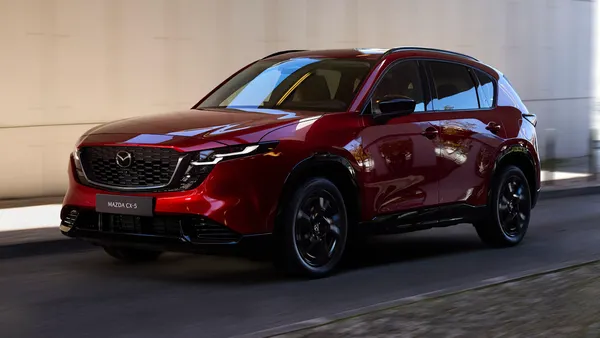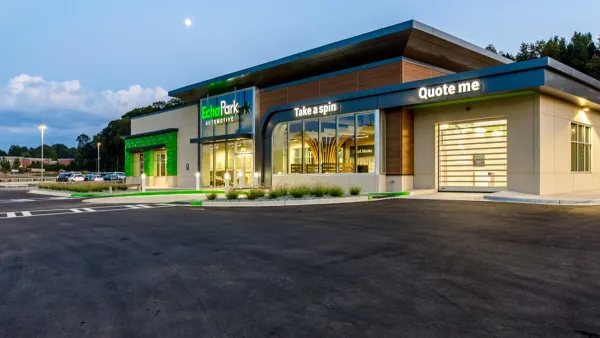Editor's note: This story is part of the WardsAuto digital archive, which may include content that was first published in print, or in different web layouts.
As an auto-auction owner, Lynn Weaver can easily spot the repossessed vehicles in the bidding lanes.
Compared to “a bunch of program vehicles of the same model and color, the repo cars are different colors and have different variations,” says Weaver of Harrisburg Auto Auction in Mechanicburg, PA.
He says lenders selling such repossessed cars are up front about their origins when putting the vehicles on the wholesale market.
With good reason.
“It doesn't do us any good to sneak anything by anyone,” Neil Boardman of the Regional Acceptance Corp. says at a recent National Remarketing Conference in Las Vegas.
Adds Steve Norbut, vice president of dealer sales for Universal Special Auto Finance: “A national lender is not going to slide something by.”
Most repossessed cars are in pretty good shape, although “a few are tagged with a golf club or every window is broken out,” evidence of a former owner's anger at the prospect of losing the vehicle, Boardman says. “On average, our vehicles are three years old and with 45,000 to 50,000 miles.”
Repossessed vehicles at auction include a broad mix of models, mileage and conditions because they come from an array of lenders financing various products and customers, says Tom Webb, chief economist of Manheim Auctions.
Weaver says, “There is no stigma at all towards repo cars.”
Still, some wholesale buyers steer clear of them.
That includes Mike Cunningham, owner of Payless Cars and Trucks in Tucson, AZ. Almost always, he personally buys cars in his inventory.
That doesn't include repossessed vehicles.
“I almost never buy repos,” says Cunningham. “People quit maintaining those cars longer before they quit making payments. I'm skeptical of any repo.”









